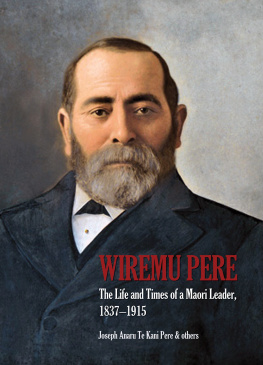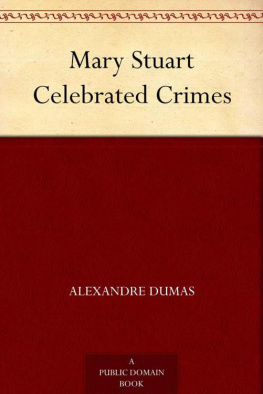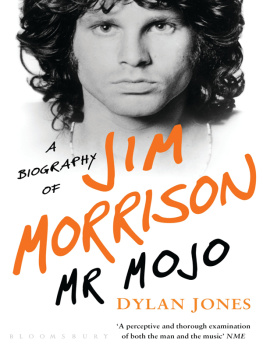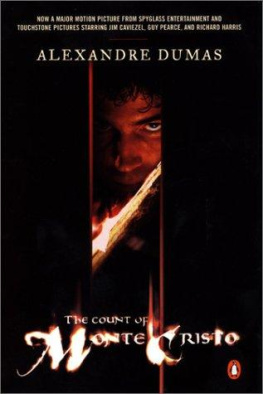Wiremu Pere
This book is dedicated to nga uri (descendants) of Wi Pere, many of whom will know little about their tipuna, as well as the many students of history who may be interested in learning a little about what shaped him to try and achieve what any good citizen would want to do for their people over their lifetime.
We wish you a good read.
Mauriora.
Joseph Anaru Te Kani Pere and Wi Pere Trustees
January 2010
Contents
Part 1
A Lifetime of Service to the Maori People
s
Part 2
Pepeha, Whakapapa and Rangatira Whakapapa of Wi Pere
I am indebted to a number of people for assisting me during my quest for research material and would like to place on record my appreciation for their help: Mrs K. Freyberg and Miss Young, librarians in the New Zealand section of the University of Waikato Library, Hamilton; Miss P. Wakelin and staff of the H.B. Williams Memorial Library, Gisborne; Mrs S. Robinson, historical custodian of the Gisborne Museum and Arts Centre; staff of the General Assembly Library; staff of the Alexander Turnbull Library, Wellington; and Miss Dell of the National Archives, Wellington.
I am grateful to the committee of the Maori Education Foundation, which provided a grant towards my research.
In my travels around New Zealand I was given generous assistance by and interviews with Hiki Hamana, formerly of Gisborne and now of Papakura; the late Purewa Ngata, an elder son of Sir Apirana Ngata, who helped to clarify many issues; the late Aunty Olive Baker, grand-daughter of Wi Pere; Ailsa and Rose Young of Manurewa, descendants of Kate Wyllie, sister of Wi Pere; and Sir Robert Hall of Gisborne with whom I had many interesting and worthwhile discussions.
Te Whanau a Kai I appreciate the strong support and encouragement of those descendants of Wi Pere who were associated with me during my uphill struggle of trial and error: Mahanga Horsfall, Joss Horsfall, Wiremu Pere of Hamilton, Nona Haronga (Halbert) and Rongo Baker of Gisborne all had some influence in the development of my writing.
Special thanks to my supervisor and head of the Political Studies Department of the University of Waikato, Professor Theo Roy, who gave so much of his time and was a strict but generous taskmaster; Mrs Sandra Graham and Mrs Hilda Bloxam for their patience and forbearance in the onerous task of typing the script; and finally to Rose, who has always been a source of inspiration and encouragement.
No reira, kia ora ano tatou.
Na Joe Pere
T his volume represents a labour of love by some of Wiremu (Wi) Peres great-grandchildren to record comprehensively their ancestors achievements over a life spanning 78 years (from 1837 to 1915), a life lived through some of the most turbulent periods of transition in New Zealands history. The Wi Pere whanau have endeavoured to give insight into a man who had so much influence over what happened in the Turanganui a Kiwa rohe and beyond.
Our research tells us that Wi was a leader ahead of his time, working against a tidal wave of change that would inevitably consume and defeat him. Wi Pere was loved and hated by both Maori and Pakeha, regarded as a hero or a villain depending on whether one benefited or not from his work. However, he stood resolute against all odds to preserve Maori culture, customs, land and way of life. At the same time he was proactive about taking advantage of the potential business opportunities afforded through the coming of Pakeha settlers.
Sir Apirana Ngata, speaking on the occasion of Wi Peres memorial unveiling on 9 April 1919, paid tribute to our tipuna:
Wi Pere was sufficiently modern in his ideas to bridge the gap between the old Maori and the incoming settlers in the settlement of the land, and if Wi Pere in some respects failed, that was not due to any failing of his intentions, but was due to the fact that things moved much more quickly than he was able to keep abreast of. The settlement of the land problem in Poverty Bay was much more due to Wi Pere than to any
Sir Apiranas son, Sir Henare Ngata, repeated his fathers words at the rededication of the Wi Pere memorial at its current site on Reads Quay on 19 December 1997.
The whanau have gathered information from a wide range of sources including the personal diaries of his sons, learned writings of notable historians and authors, the National Library in Wellington, the Gisborne Museum, the Gisborne Herald and other newspapers from around New Zealand. References in this book have been made to an array of source material in an attempt to give an independent and objective perspective, in addition to a more subjective view of the man seen through the eyes of his whanau.
In 1976 the Wi Pere Trustees agreed that a book on Wi Pere should be written and Hani Smiler (b. 24 April 1930) took it on himself to start the project. In the 1950s Hani served New Zealand fighting in the Korean War. He was also the scholar in the family who went to Otago and Hawaii universities to achieve his master of arts degree, and thereafter taught at the Mormon College in Hamilton, New Zealand for the remainder of his days. Hani passed away during 1995, and his cousin Joseph (Joe) Anaru Te Kani Pere then took up the challenge to complete the book.
Joe received Hanis original material and used it to complete further research, incorporating it into his thesis The leadership role of the Honourable Wiremu Pere (MHR, MLC): a lifetime of service for the Maori people undertaken through the University of Waikato, for which he was awarded a doctorate of philosophy. During 2008, Joe approached the Wi Pere Trustees to assist in the completion of the book. Hineiromia Whaanga, Trudy Meredith and I formed the project team, along with Joes wife Rose, to bring it to publication.
The text is comprised of three parts: Part 1 covers Wis eventful life and those who had an influence on him as well as describing the kind of environment that confronted the Maori people in Wis lifetime; Part 2 covers his whakapapa, which can be traced back to ancient rangatira lines of the migration of the Horouta and Takitimu canoes from Hawaiki through to circa the 1900s; and the Appendix covers the enduring legacy of the Wi Pere Trust that almost never made it.
I commend this book to all those who are students of history or interested in the colourful life of our rangatira, tipuna and taonga, Wi Pere.
Alan Haronga Jnr
Chair, Wi Pere Trust
January 2010
Notes
Poverty Bay Herald, 10 April 1919, reporting part of the Hon. A.T. Ngatas speech unveiling the Wi Pere Memorial on the previous day. See also chapter 13, page 292.
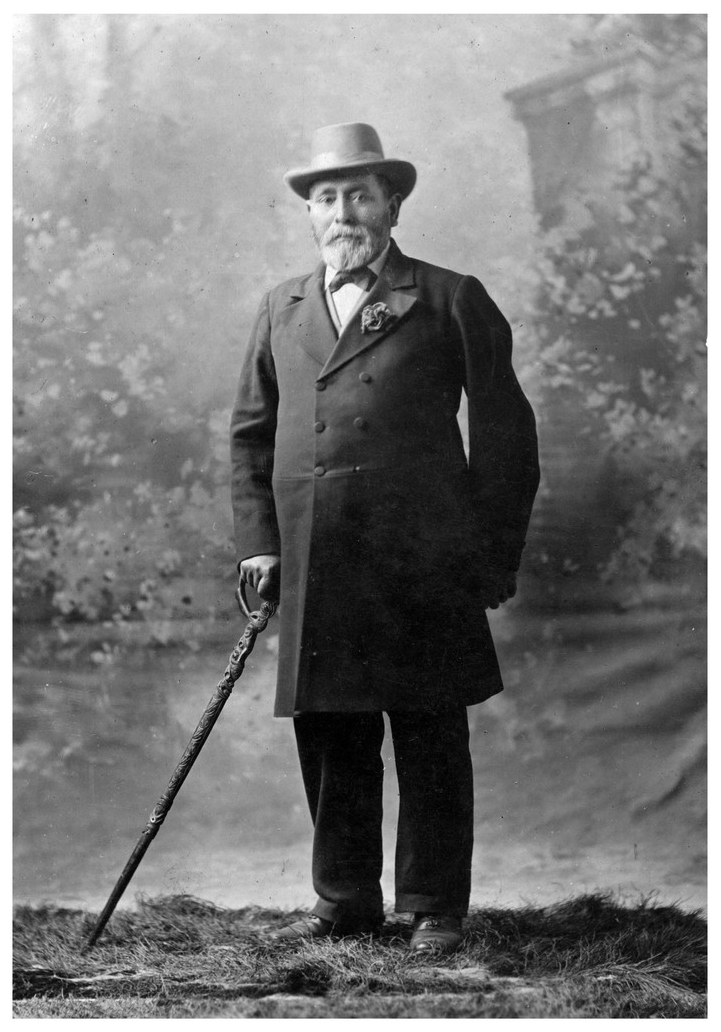
Wi Pere (18371915), prior to his departure to England in 1889.
Alexander Turnbull Library, Wellington, Ref. 1/2-034936-F
W i Peres illustrious life as a rangatira, soldier, politician, land court conductor, legislator, historian, farmer and father provides a complex basis for students of history to assess his contribution to New Zealand and in particular the Turanganui a Kiwa region.
He emerges unquestionably as one of the most significant Maori leaders of the 1870s, 1880s and 1890s. This is evidenced by his early involvement in the repudiation movement, disputing past Maori land transactions, the tribal corporate lands, the trustee-partnership with W.L. Rees in the New Zealand Native Lands Settlement Company, and above all his advocacy as member of the House of Representatives for Eastern Maori of the need for Maori to control and administer their own land whether it be for development or leasing on their own terms. His involvement in these activities was clearly influenced by his disposition towards Pakeha settlers, who in his eyes had become predators not only of Maori land but also their traditional lifestyle.
Next page
